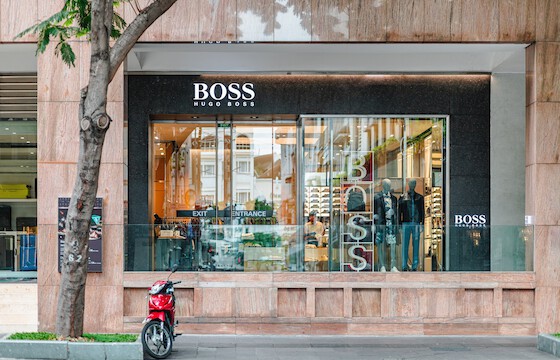1. CASE SUMMARY
A. Summary of facts
This case concerns unlawful fixed sales prices and market sharing in the markets for the sale of milking systems, the sale of repair and service of milking systems and the sale of spare parts and accessories for milking systems.
Lely Nordic sold Lely's milking robots for agriculture and related services in Denmark through four franchisees. The franchisees were each granted an exclusive geographical area. The agreements prohibited active sales outside the territory. Documentation from dawn raids showed that from March 2007 to September 2011, Lely Nordic and the four franchisees in meetings and emails coordinated sales prices and initiatives to secure market sharing by eliminating passive sales between the franchisees' territories.
The Danish Competition Appeals Board ('DCAB') found that Lely Nordic and the four franchisees had participated in illegal price coordination and market sharing. The DCAB found that the anti-competitive agreements had the foreseeable consequence that free pricing and passive sales from the franchisees to farmers was obstructed in violation of competition rules, and thereby making the products and services more expensive. The DCAB upheld the decisions of the DCC.
B. Notes on case history
In November 2011, the Danish Competition and Consumer Authority (DCCA) conducted dawn raids at Lely's headquarters in the Netherlands, Lely Industries, Lely Nordic as well as its Danish franchisees and a German franchisee. Based on the material found, the DCC initiated its investigation of this case.
On 25 June 2014, the DCC found there to be anti-competitive agreements constituting one single infringement. The anti-competitive agreements had the object to restrict competition and constituted an appreciable restriction of competition in violation of Section 6(1) of the Danish Competition Act and Article 101(1) TFEU. It did not fulfil the conditions for an individual exemption under Section 8(1) of the Danish Competition Act and Article 101(3) TFEU. Furthermore, the DCC concluded that the agreements were primarily horizontal concerning price fixing and market sharing and, thus, not covered by the block exemption for vertical agreements.
C. Legal analysis
First, the DCAB determined that there was sufficient evidence that Lely Nordic had entered into agreements with its franchisees to coordinate prices and share markets. The DCAB stated that the agreements had the foreseeable consequence that price fixing and passive sales from the franchisees to farmers were obstructed in violation of competition rules, thereby making products more expensive and dividing markets.
The DCAB went on to assess the fact that certain mails and minutes of meetings in wording only referred to indicative or recommended prices. This was not found to change the overall assessment. The DCAB determined that the agreements in themselves were likely to harm competition and therefore a by object restriction. On that basis it was not found necessary to examine the negative effects on competition in the relevant markets.
On the role of Lely Nordic as a franchisor, the DCAB concluded that Lely Nordic had actively participated in the anti-competitive agreements. Furthermore, the DCAB concluded that Lely Nordic also had a direct economic interest in the anti-competitive measures. Therefore, Lely Nordic was jointly responsible for the horizontal agreements and could not rely on the vertical block exemption.





Sign in to post comments